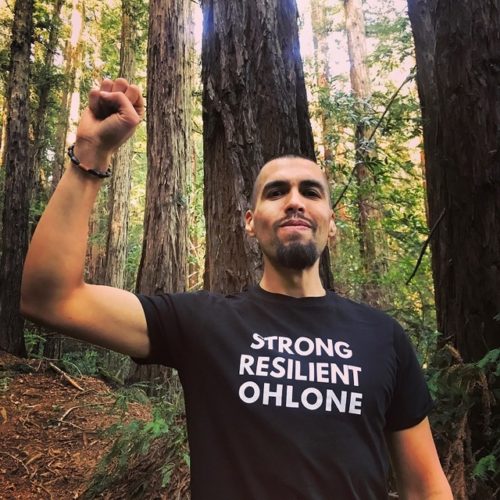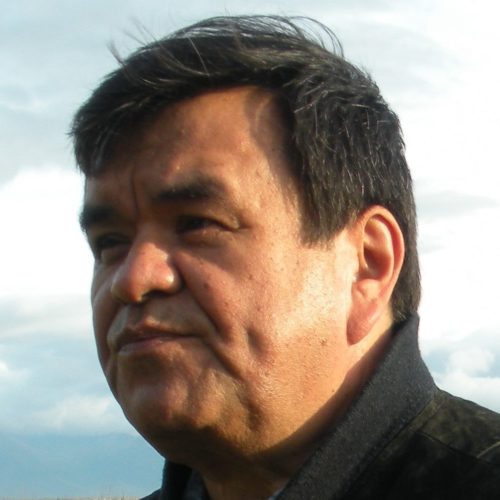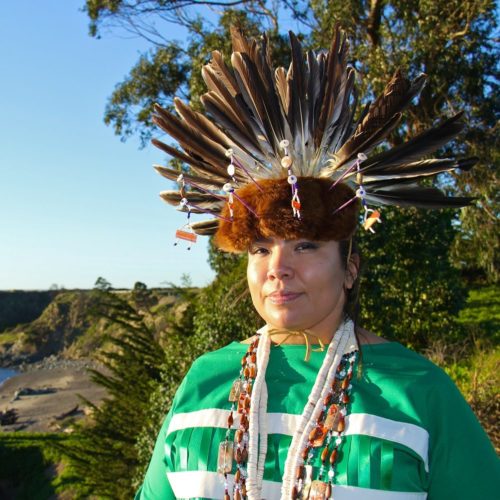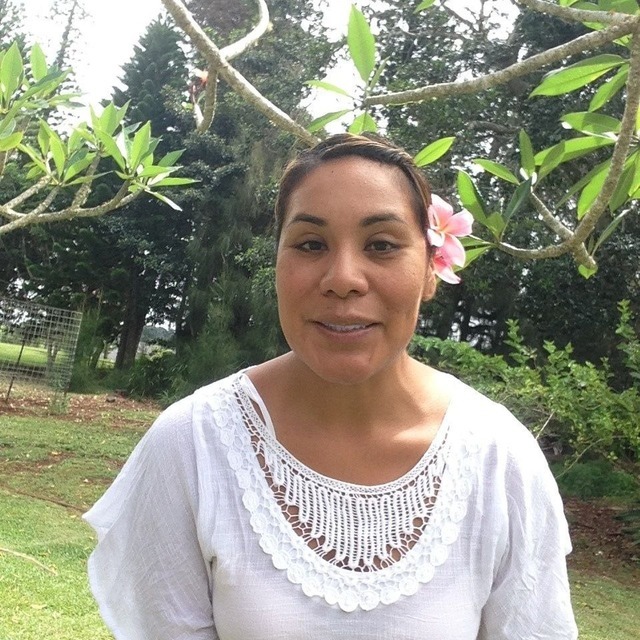
One-day Intensive Workshop
Date: Thursday, October 18th, 2018
Cost: $195 (includes lunch), discounts for students and educators, $5 Parking.
Location: McNears Beach Park, San Rafael, California. PLEASE NOTE: This is an offsite event, optional transportation from conference venue is provided. Please indicate if transportation is needed when registering.
We Indigenous people have ceremonies, ancestral teachings, cultural practices and strict rules for harvesting all of our resources. Sometimes we pray and talk to our plants before collecting them, assuring them we’ll do no harm and that we’ll leave them the ability to continue their life cycles and their ability to regenerate.
Shellfish and seaweeds have been important parts of the West Coast Indigenous diet for thousands of years, but this ongoing legacy is under threat by ecosystem disruption and discriminatory harvesting regulations. Through discussion, demonstrations and hands-on activities, California Indian TEK experts will share the importance of intertidal resources to the traditional diet, to clothing manufacturing and ceremonial life. They will also discuss ways to address ongoing threats to these cultural practices. First Peoples have a saying, “When the tide is out, the table is set.” If we cannot change harvesting practices together, we will not have food on our tables.
 |
Vincent Medina is an enrolled member of the Muwekma Ohlone Tribe, where he also serves as a Councilman representing his family’s lineage. Vincent and Louis Trevino (Rumsen Ohlone) co-founded Mak-‘amham, an organization and restaurant focused on reviving and strengthening traditional Ohlone foods and sharing them back with their communities. Vincent was born and continues to live in his family’s indigenous tribal area of Halkin (Southern Oakland/San Leandro/San Lorenzo). |
| Dean Hoaglin, Cultural Specialist, Graton Rancheria, a descendant of the Hukuiko band of Coast Miwoks of Marin County and the Big Valley Band of Pomos of Lake County on his maternal side, and Round Valley, Mendocino Wailakis and Yukis on his paternal side, was trained in traditional teachings and practices from his family and extended family elders from a young age. |  |
 |
Jacob White Horse (yak tittʸu tittʸu Northern Chumash/Rosebud Sioux), a student in environmental studies at United Tribes College in North Dakota, is currently an intern with the UC Davis Marine Biology Lab working on abalone management, the first Native American and tribal college student accepted into this program. Jacob’s interest in marine biology stems from his tribe’s long relationship with the ocean and its resources. |
| Leah Mata Fragua (yak tittʸu tittʸu Northern Chumash) is a consultant, artist, and Adjunct Professor at the Institute of American Indian Arts. Her work is focused on projects that aim to give greater voice and visibility to her tribal community and that seek to find creative ways to sustain traditional arts. |  |
 |
Ilarion Merculieff, who served his people, the Bering Sea’s Unangan (Aleut), and other indigenous peoples locally, nationally, and internationally in a wide range of major leadership capacities for 40+ years, is currently President of Seven Generations Consulting and of the Global Center for Indigenous Leadership and Lifeways. Ilarion recently chaired the indigenous knowledge sessions at the Global Summit of Indigenous Peoples on Climate Change. |
| Hillary Renick, an enrolled member of the Sherwood Valley Band of Pomo as well as a descendant of the Hopland Shanel, Noyo River and Ft. McDermitt Paiute-Shoshone indigenous communities, was raised in a traditional subsistence family in Mendocino County. She has worked in land-air-water-cultural resource-sacred site advocacy for 20+ years and has witnessed first hand changing ocean conditions creating a scarcity of traditional foods. |  |
 |
A-dae Romero-Briones (Cochiti/Kiowa), born and raised in Cochiti Pueblo, NM, is Director of Programs for the Native Food and Agriculture Initiative of the First Nations Development Institute. Formerly Director of Community Development for Pulama Lana’I, she is an expert in food safety and the protection of tribal traditional foods. A former Fulbright Scholar with a law doctorate, Ms. Romero-Briones sits on several boards, including the National Organic Standards Board. |
